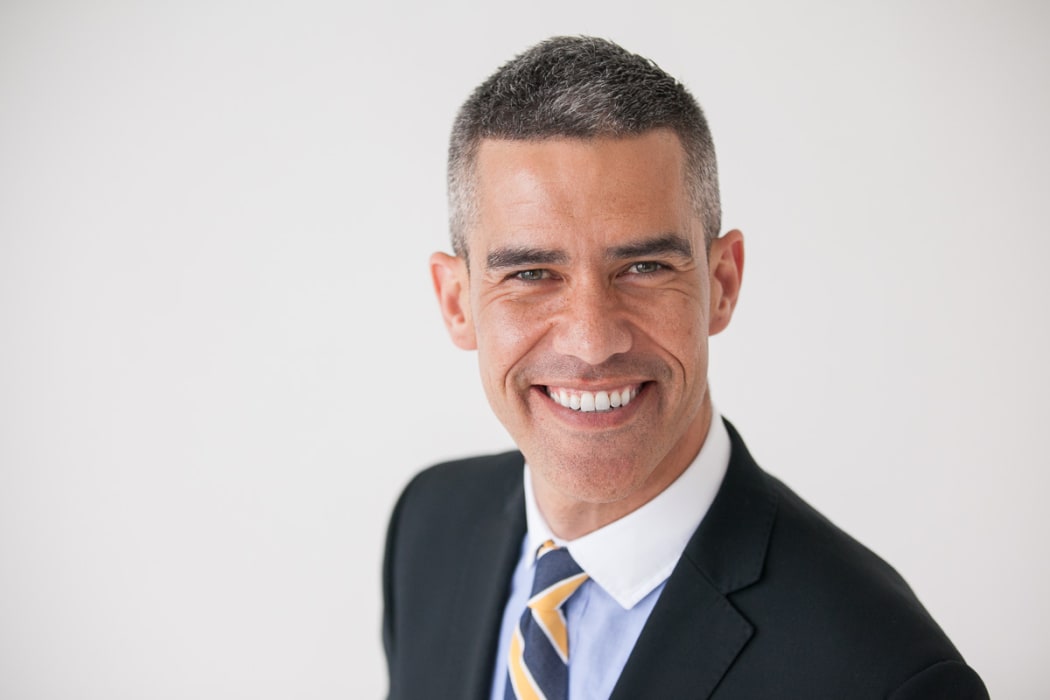
Hoani Jeremy Lambert Photo: Supplied
Hoani Jeremy Lambert is the tamariki advocate at the newly formed Oranga Tamariki - The Ministry for Vulnerable Children.
He only got the job after being given the nod by a panel of children currently living in state care; and part of his brief is to ensure that other government departments become as committed to consulting children as Oranga Tamariki is.
He tells Wallace Chapman about his mission to put children at the centre of the picture when designing services for Oranga Tamariki.
“These children and young people have great ideas and it’s our job as adults to take those ideas and implement them.”
Young people, who Lambert calls “citizens under 18”, are the biggest consumers of government services, one of the most impoverished groups of New Zealanders and they also don’t have a political voice, he says.
“Because they’re disenfranchised and they’re such high consumers of our services, we have to work even harder to make sure that our policy processes and service design processes are including the voices of children.”
Oranga is the only core government department which has the voice of the “customer” sitting at the leadership team table, but he hopes others will follow.
The National Care Standards for children are currently being redeveloped and Lambert says Oranga’s starting point was to ask children what a stable, loving home looks like.
The children gave real and practical examples.
“They say ‘We want caregivers who will ask me what happened at school before they ask my teacher or my social worker”.
Many children in state care simply wanted stability, to stay in one place, he says.
“You’ve got to be in awe of the optimism of young people because they just want their families to work. They just want to be there and be loved by the people they’ve known to be their parents, they want people just to be able to get along. They aren’t really big requests but they can be very hard for some of our families to deliver on.”
Many are also embarrassed about being a ‘CYF’ kid.
“They feel embarrassed about what's happened in their homes.”
Lambert knows what it’s like to be unable to live with the people that love you as a young person.
Until his early teens, he was raised by his Māori mother and her Pakeha best friend, his godmother (who weren’t in a relationship).
But when he started secondary school and alcohol use was dominating the home, Lambert moved out to live with two other families from his school.
“I know the pain of saying I need to go away a while because I don’t feel that it’s safe for me at the moment. I can understand those parts of their experience and I think that has shaped me as I’ve gotten older.”
When Lambert visits some of the 5,500 young people currently in state care, he says he doesn’t see them as victims, but children in need of love and support.
“If we can support them through this period in their lives, they have the potential to be far greater than you and I. And that’s through the resilience they can potentially build having gone through these awful situations they’re in.”
Hoani also refers to the issue of unconscious bias raised on the show by Anton Blank on April 20.

